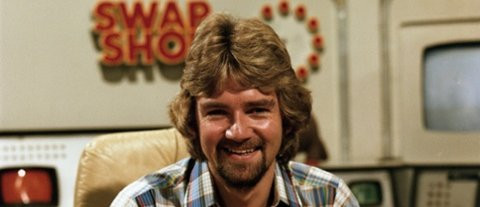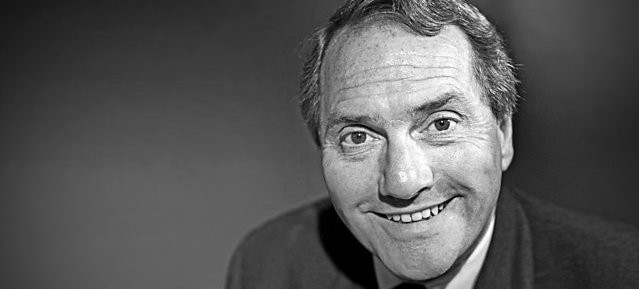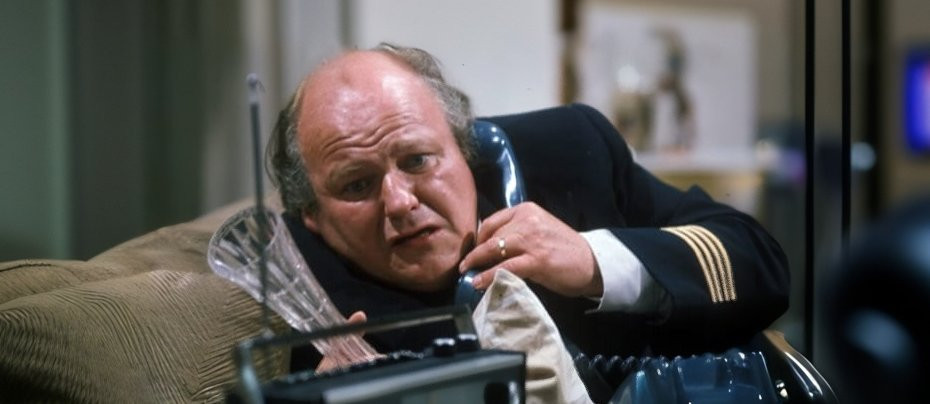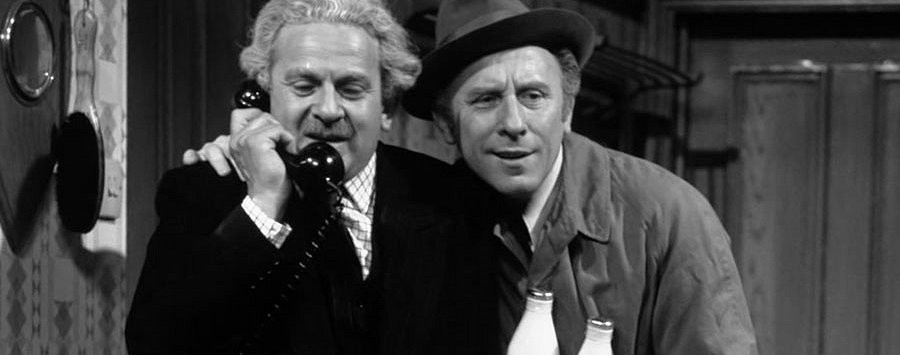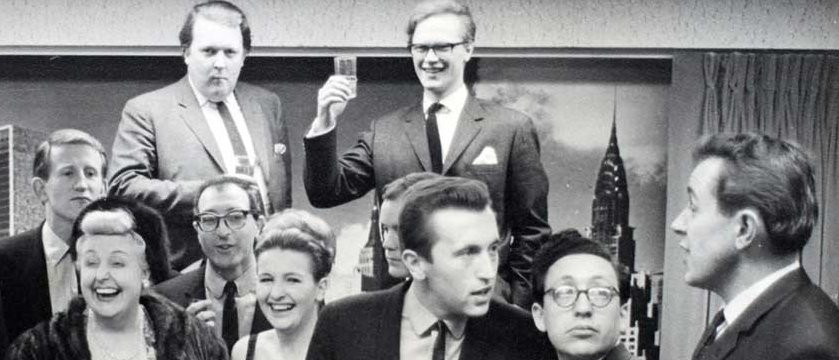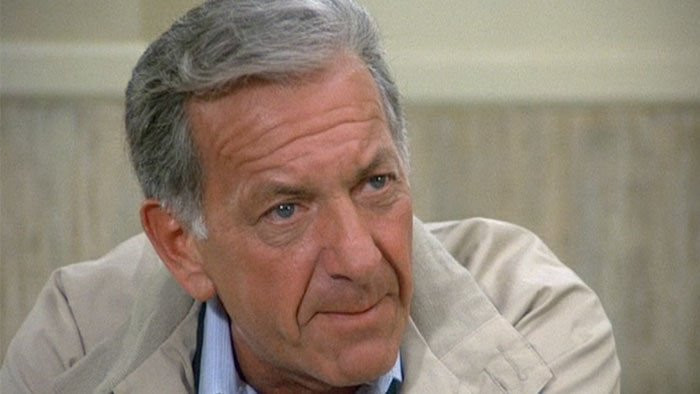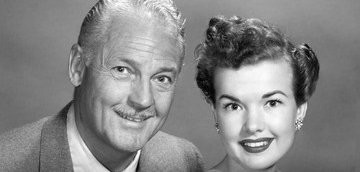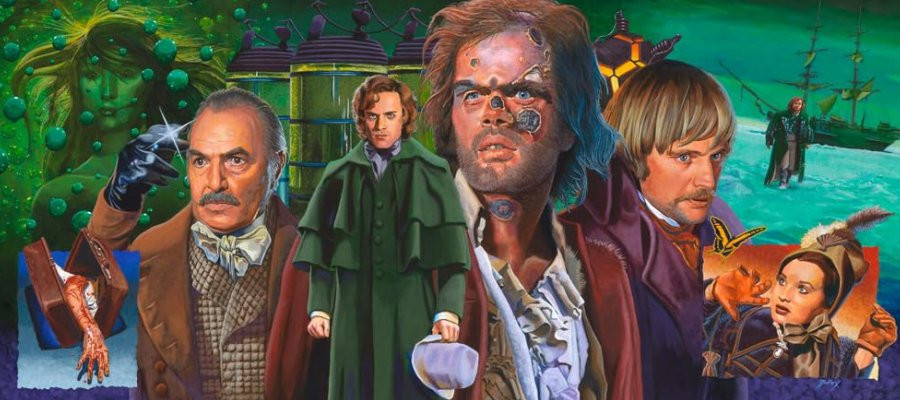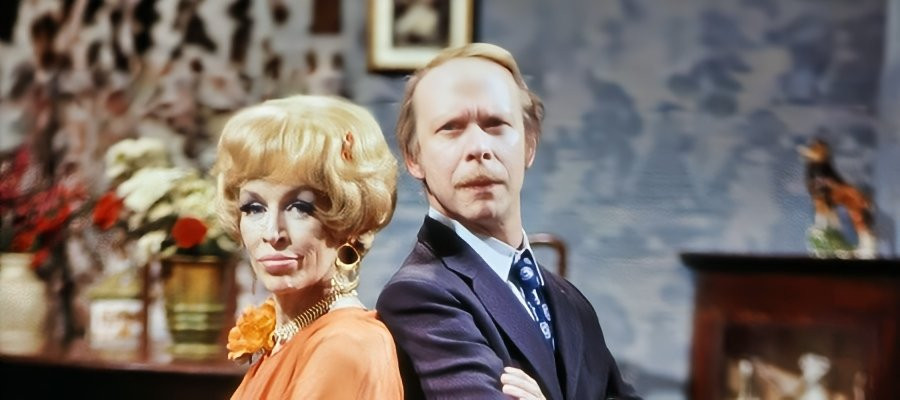
George and Mildred
1976 - United KingdomGeorge and Mildred, one of two successful spin-offs from the much-loved Man About the House (the other being Robin’s Nest), firmly established itself as the more enduring of the pair - thanks in no small part to the pitch-perfect chemistry between its stars, Brian Murphy and the incomparable Yootha Joyce.
The series picks up as George and Mildred Roper move on from their Earl’s Court flat, determined—well, Mildred is, at least—to improve their lot in life. Their new address is 46 Peacock Crescent, nestled in the suburban respectability of Hampton Wick. Mildred, ever aspirational and painfully conscious of class, is desperate to climb the social ladder. George, on the other hand, is the very embodiment of reluctant social mobility. A self-avowed working-class man (though it’s work he’d rather avoid), George digs his heels in at every opportunity, until he meets the next-door neighbour, the pompous and hilariously snobbish Jeffrey Fourmile (Norman Eshley).
Jeffrey is appalled at the Ropers from the off, not least when they turn up for their house viewing in a motorbike and sidecar. His young son Tristram innocently reveals Jeffrey’s scathing opinion, prompting George, out of spite as much as anything else, to agree to the move. Thus begins a neighbourly feud that became a cornerstone of British comedy in the late 1970s.
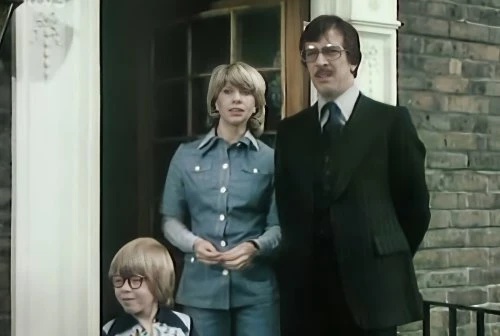
The dynamic between George and Mildred remains largely unchanged from their earlier appearances. George is indolent, disinterested in housework, and completely disengaged from any semblance of a sex life. Mildred, in contrast, is lonely, sexually frustrated, and desperate to achieve a lifestyle that always remains just out of reach. While George lazily potters about or goads his new neighbour with impish delight, Mildred strikes up an unlikely friendship with Jeffrey’s kind-hearted wife, Ann (Sheila Fearn).
Comedy gold comes from the constant class tension. George takes great delight in baiting Jeffrey, often corrupting young Tristram (Nicholas Bond-Owen) with inappropriate jokes and worldly wisdom best left unshared. Add to this George’s dodgy pal Jerry (played with comic aplomb by Roy Kinnear) and Mildred’s overbearing, social-climbing sister Ethel (Avril Elgar), and her pompous husband Humphrey (Reginald Marsh), and you have a recipe for endless suburban chaos.
The strength of George and Mildred lies in its sharply written scripts by Johnnie Mortimer and Brian Cooke, and the way they allow character to drive the comedy. Despite the dated 70s décor and fashion, the humour—rooted in class, marriage, and thwarted ambition—still feels strikingly relevant. Even during its many re-runs on streaming channels like ITV3, the show comfortably holds its own. Unlike many sitcoms of its era, it avoided becoming a ‘dater’, instead standing tall thanks to witty writing and charismatic performances.
So popular was the show that it even spawned an end-of-the-pier theatrical run in Bournemouth in 1977, and a feature film followed in 1980—though the latter is best viewed as a footnote rather than a high point. Tragically, plans for a sixth series were halted by the untimely death of Yootha Joyce on 24 August 1980, aged just 53. Her passing marked the end of the show, which could not and should not have continued without her.
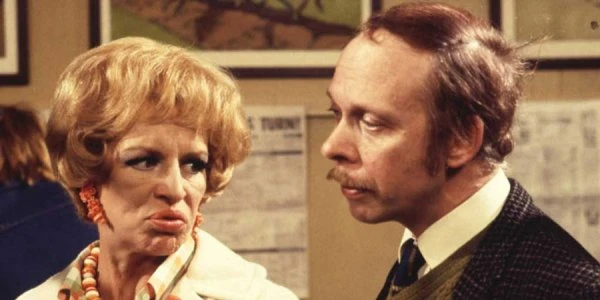
Like its predecessor, George and Mildred was adapted for American television (The Ropers, spun off from Three’s Company), though it only lasted a single season. The UK original, however, remains a sitcom classic—an affectionate but razor-sharp look at class, marriage, and the quiet despair of suburban life, carried effortlessly by two of the most memorable performances in British comedy history.
Seen this show? How do you rate it?
Seen this show? How do you rate it?
Published on December 18th, 2018. Written by Laurence Marcus for Television Heaven.


